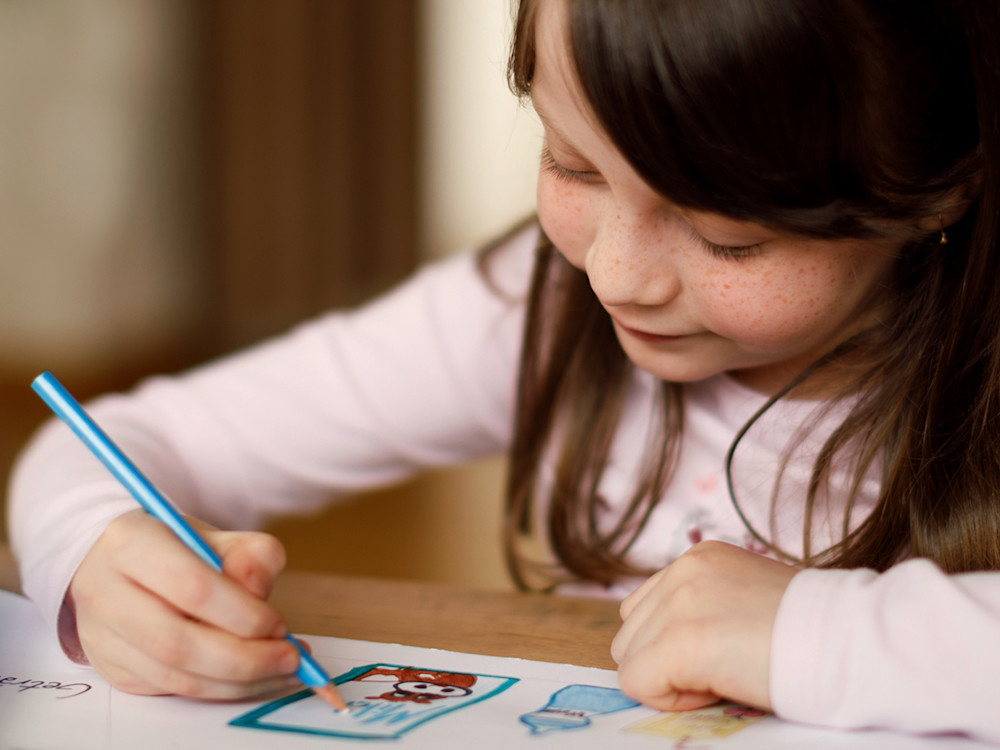As a parent, you want the best for your children, and the best you can do is to help them develop strong memory. This is vital to their lives when they are in school and later in life. There are things you can do to give them an edge in memory extraction.
1. Help you child dream – When a child is older, get them to dream throughout the day. Tell them what they will see, where they will see it, and generally talk about it as they go about their daily lives.
2. Guide them – Ask the child to tell you what they saw, when they saw it, and so on. For younger children, make the story up as you go along-it could be something totally mundane that will grab their attention. If the child is very young, just tell them that “groundschool is all about fairies!”
3. Read stories – Read to your child a lot. Read every day. Make them look at the pictures in the book-they don’t have to understand the story (it’s often too complex for them). Talk about the pictures during your reading – talk about the fairy that wears a green crown, etc. Be imaginative and make up things. When you read to them, talk about what you the reader saw. Talk about what happens next, who did the thing next, and so on. This is how they remember the story and will give them a head start when it comes to reading later down the road.
4. Teach them how to write – Depending on how your child is visual, have them draw everything they need to remember. So, if you need to remember where the key is, have them write it on the back of their brown jacket. If they can’t draw, use pictures as your visual aid.
5. Help them memorize new experiences – Most children have a favorite place or hobby, or activity. Ask them to pick the most interesting thing about the experience and memorize. For example, if they go swimming, ask them to remember the most interesting thing they remember about swimming. Talk about what they had like, when they were going, and how did it go.
6. Keep it light-Have at least one thing light and funny at any one time. Use whatever material you think your child will like. For the most fun, use something they will never want to talk about: a yo-yo, a potato, a piece of gum. (Use anything that they will need to describe it in detail because they will need to remember every moment.)
7. Place a low spot in every room where they can run to a specific object without losing it. Make it obvious to them that this is where you will find that item. Because they only have so much memory, each item will become important and memorable.
8. Break big chunks of information for them. Ask them to describe what trucks in their example are used for. How they found the words to say, and then what other words they needed to use together to describe the trucks. (Then, find pictures in magazines or online that describe what those trucks are used for.)
9. Use some kind of picture – One time when I was asking my children questions, I used the picture of a nonexistent book to ask them questions. For example, I asked “If you had a dog, which one would you name?” They said Logan. That was one way I used a picture to help them remember.
10. Praise them – Once they get something right, praise them. If you are praising them, it will increase the feeling of accomplishment they get, and help them feel more self confidence.
I hope these 10 ways will help you remember even the most basic information about memory training for children.







More Stories
Throw a Fabulous Foil Ball – Ice Bowl Party